




 1
1




It's never too late to start! I retired to homestead on the slopes of Mauna Loa, an active volcano. I relate snippets of my endeavor on my blog : www.kaufarmer.blogspot.com




Chris French wrote:
My questions are after two years of trying, is it really possible to raise chickens legitly in temperate climatr with snowy winters, sustainably.
My project thread
Agriculture collects solar energy two-dimensionally; but silviculture collects it three dimensionally.
 1
1




Cj Verde wrote:I think it is possible because people have raised chickens for hundreds of years prior to feed being available to purchase. Purchasing feed is simply a matter of convenience.




 1
1




Trying to achieve self-reliance on a tiny suburban plot: http://gardenofgaladriel.blogspot.com




If I am not for myself, who will be for me?
If I am only for myself, what am I?
If not now, when?
 1
1




Galadriel Freden wrote:Ask your neighbors to save their food scraps?
My project thread
Agriculture collects solar energy two-dimensionally; but silviculture collects it three dimensionally.




John Wolfram wrote:
Cj Verde wrote:I think it is possible because people have raised chickens for hundreds of years prior to feed being available to purchase. Purchasing feed is simply a matter of convenience.
While people have been raising chickens for hundreds/thousands of years, in areas with snowy winters people may have reduced their flocks in the autumn (harvest festival, Thanksgiving) and then gone through a lean time in the spring (Lent) as they rebuilt their flock. Trying to keep a summer sized flock through the winter is going to be tough without importing feed.








John Wolfram wrote:
While people have been raising chickens for hundreds/thousands of years, in areas with snowy winters people may have reduced their flocks in the autumn (harvest festival, Thanksgiving) and then gone through a lean time in the spring (Lent) as they rebuilt their flock.
My project thread
Agriculture collects solar energy two-dimensionally; but silviculture collects it three dimensionally.
 2
2




Our Microgreens: http://www.microortaggi.it
 1
1




John Pollard wrote:I plan on hitting up one of the local grocery stores for food scraps. Karl Hammer style.
My project thread
Agriculture collects solar energy two-dimensionally; but silviculture collects it three dimensionally.




 1
1











Our Microgreens: http://www.microortaggi.it
 1
1




Medicinal herbs, kitchen herbs, perennial edibles and berries: https://mountainherbs.net/ grown in the Blue Mountains, Australia





Angelika Maier wrote:And what are you doing with all these roosters?
Our Microgreens: http://www.microortaggi.it




Medicinal herbs, kitchen herbs, perennial edibles and berries: https://mountainherbs.net/ grown in the Blue Mountains, Australia










Medicinal herbs, kitchen herbs, perennial edibles and berries: https://mountainherbs.net/ grown in the Blue Mountains, Australia





Angelika Maier wrote:I don't think that food scraps are unsustainable, they otherwise go to the landfill.
Our Microgreens: http://www.microortaggi.it




Moderator, Treatment Free Beekeepers group on Facebook.
https://www.facebook.com/groups/treatmentfreebeekeepers/













Medicinal herbs, kitchen herbs, perennial edibles and berries: https://mountainherbs.net/ grown in the Blue Mountains, Australia




Angelika Maier wrote:Sure you must compromise. Say you are buying chicken food now, but you run some trials planting grain. And you know were the waste streams are, just in case.
I get old bread, nearly delivered in the exchange of eggs. So if you have no time you can get people to do stuff for you in the exchange of eggs. Our neighbour throws her kitchen scraps
without asking directly in our pen. I think it is important to have as many options open as possible.
 1
1




Roger Taylor wrote:Any tips for getting chickens that are picky, to eat them?
My project thread
Agriculture collects solar energy two-dimensionally; but silviculture collects it three dimensionally.

 1
1




Roger Taylor wrote:
What sort of scraps do the chickens eat? Any tips for getting chickens that are picky, to eat them?
 Scraps+straw+poop+time=awesomeness with near-zero effort.
Scraps+straw+poop+time=awesomeness with near-zero effort.
Our Microgreens: http://www.microortaggi.it




Medicinal herbs, kitchen herbs, perennial edibles and berries: https://mountainherbs.net/ grown in the Blue Mountains, Australia




Pecan Media: food forestry and forest garden ebooks
Now available: The Native Persimmon (centennial edition)




Stay Human!




Willing to find out what 'impossible' means.








Chris French wrote: also I have been a vegan for 15 years.

 2
2










Our Microgreens: http://www.microortaggi.it





My project thread
Agriculture collects solar energy two-dimensionally; but silviculture collects it three dimensionally.

 1
1




Bart Brinkmann wrote:
Chris French wrote: also I have been a vegan for 15 years.
I feel compelled to ask why you are a vegan. Is it by choice or because of a medical condition? If it's by choice and you truly have an aversion to consuming any animal products, it seems hypocritical to raise an animal that you intend to exploit for food, even if it isn't for your own consumption. Then again, if you're vegan simply because you don't prefer the taste of meat, dairy, etc... then by all means, exploit away.
Our Microgreens: http://www.microortaggi.it




we don't have a problem with lack of water we have a problem with mismanagement
beavers the original permies farmers
If there is no one around to smell you ,do you really stink!

 1
1





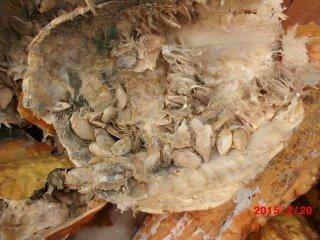
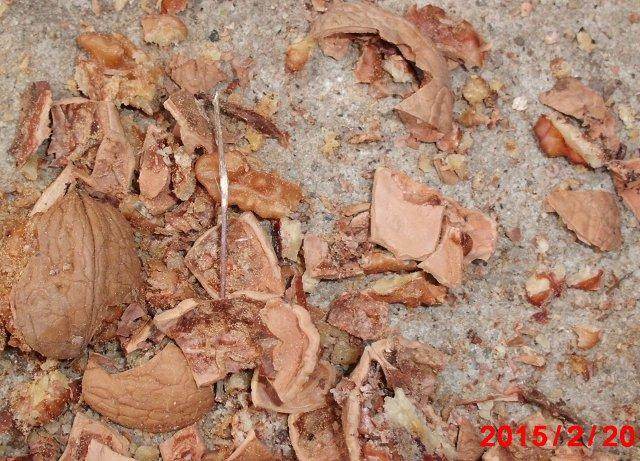
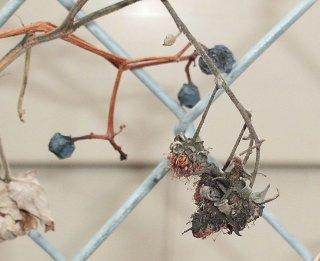
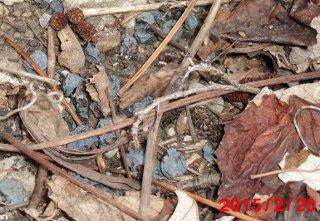

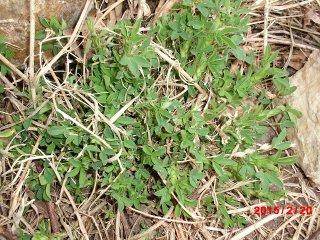


|
Won't you please? Please won't you be my neighbor? - Fred Rogers. Tiny ad:
GAMCOD 2025: 200 square feet; Zero degrees F or colder; calories cheap and easy
https://permies.com/wiki/270034/GAMCOD-square-feet-degrees-colder
|






